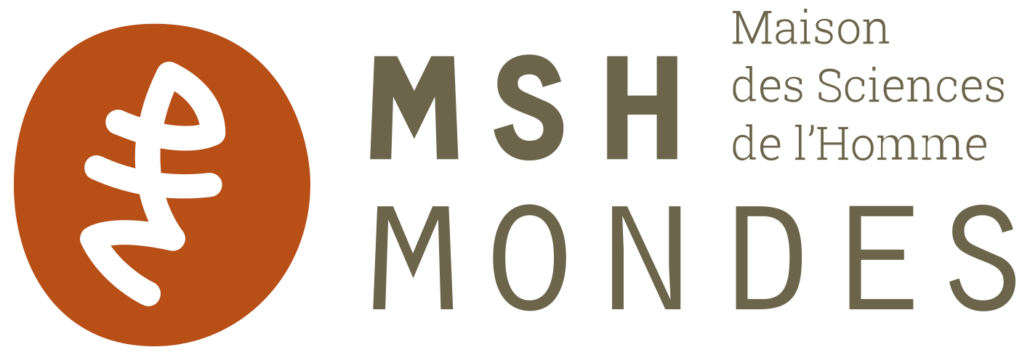| Current library | Call number | Status | Notes | Date due | Barcode |
|---|---|---|---|---|---|
| Lyon : MOM - Bibliothèque de la Maison de l'Orient et de la Méditerranée Libre accès | PHG GN799.T6. L5 2010 (Browse shelf(Opens below)) | Available | Achat Stern 2012 45.04 € | 173268 | |
| Montpellier : ASM - Archéologie des Sociétés Méditerranéennes | 16D82 (Browse shelf(Opens below)) | Available | UPV/STV/PPM/45.00 | 1100000019182 | |
| Nanterre : MSH Mondes - Bibliothèque d’archéologie et des sciences de l’Antiquité | B.100/780 ERIK (Browse shelf(Opens below)) | Available | P1 ERA ProtoEu 17-06-2010 4500031284 | BMRG17479 | |
| Rennes : SRA Bretagne et CReAAH CNRS | CNRS/TEC-LIT-53 (Browse shelf(Opens below)) | Available | Achat (GQ) | AREN-CNRS-007970 |
Bibliogr. en fin de contributions. Notes bibliogr.
Technological progress is often regarded as one of the major sources for socio-cultural change and in this respect the introduction of metallurgy may well have been the singularly most significant technological innovation in the history of tool production. With few exceptions metal tools are largely superior to flint tools. Nonetheless, there are regions throughout the world where lithic craftsmanship thrived long after metallurgy had been introduced. However, for various reasons the metal objects have usually attracted most of the scholarly attention, whereas the contemporary lithic artefacts have been treated in a more stepchild manner by most archaeological researchers.
The purpose of the present volume is to bring attention to the research potential of the lithic artefacts in question. It embodies the proceedings of a UISPP workshop, the aim of which it was to congregate lithic researchers working on pre- and protohistoric sites and inventories in which lithic technology were of alleged subordinate importance to metal. Participants were encouraged to share knowledge, data and analytical results on inventories from a global range of societies in which tool-stone was being replaced by metal. Papers providing methodological and theoretical insight pertinent to these issues were also invited and the original score of papers presented at the meeting were further enriched by papers from authors who were not able to participate in the workshop.
(Source : éditeur)








There are no comments on this title.